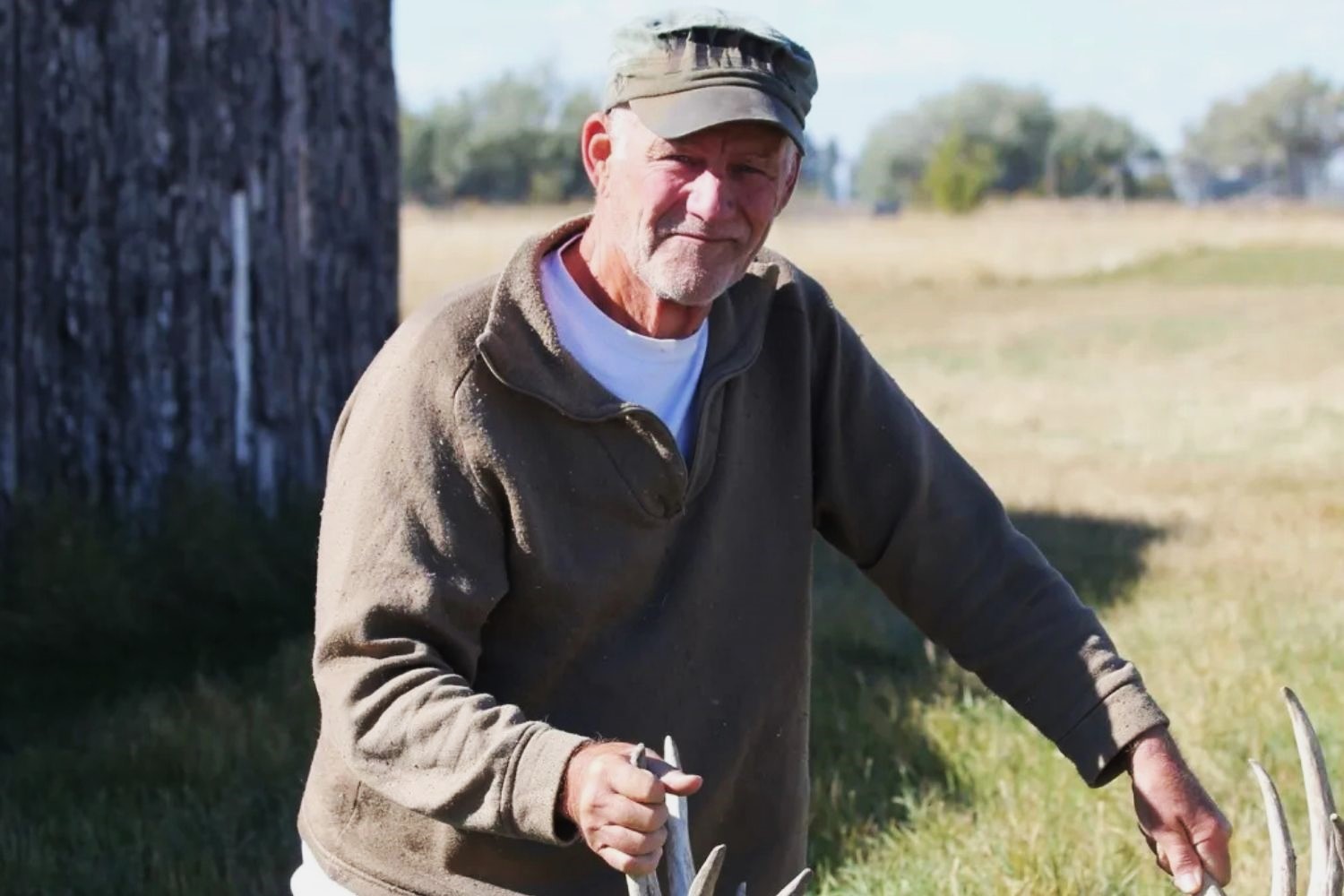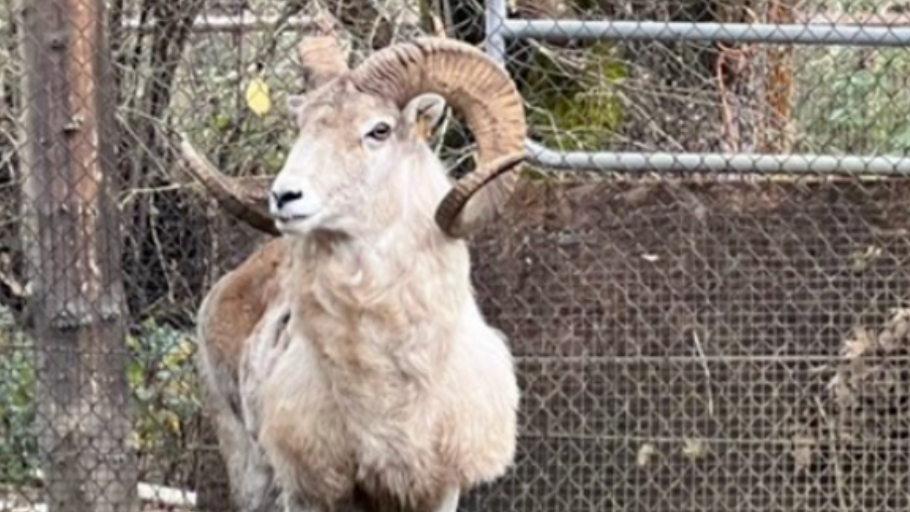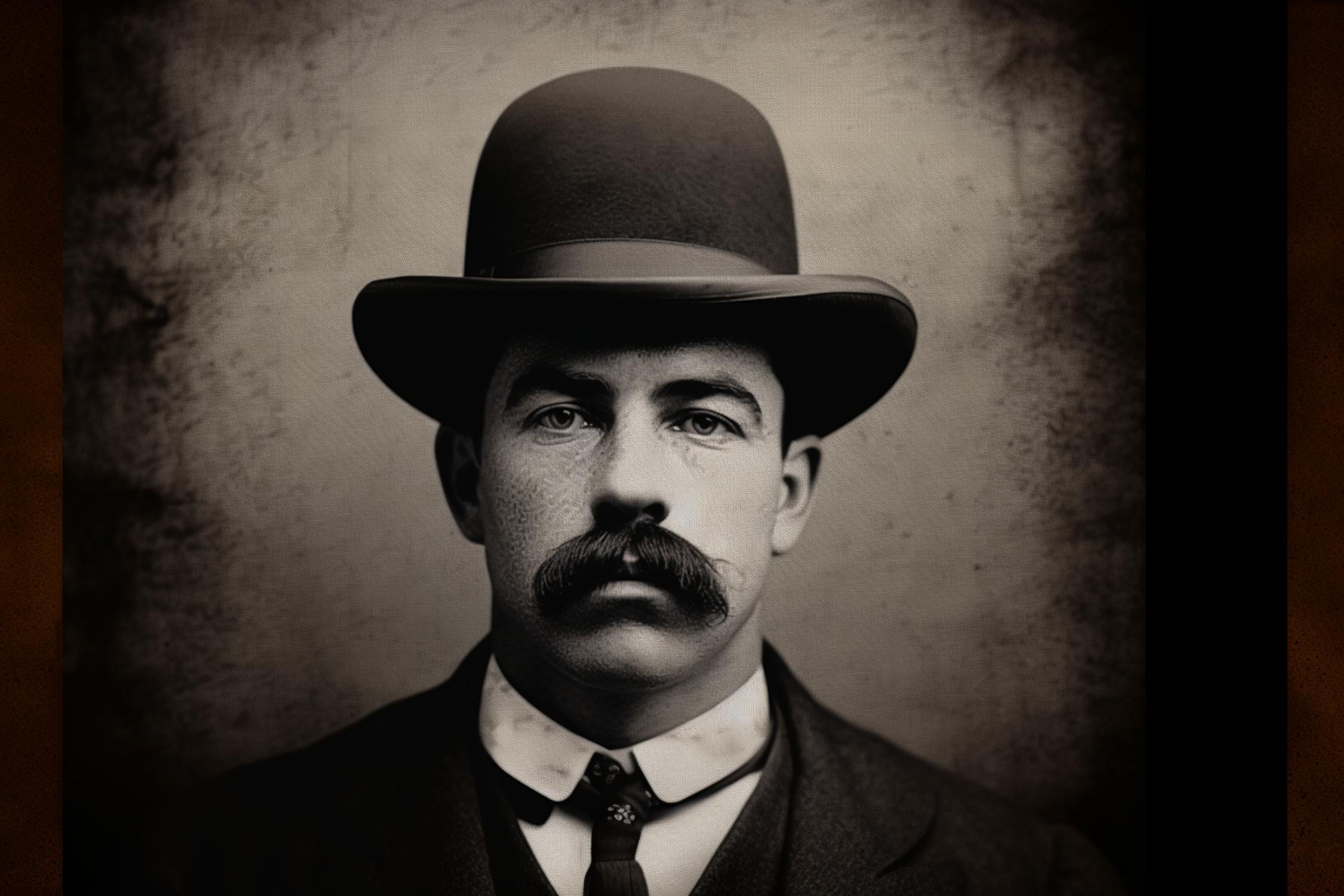Can the pursuit of profit truly justify the genetic manipulation of endangered species? Arthur "Jack" Schubarth, an 81-year-old from Vaughn, Montana, found himself at the center of a federal case that probed precisely this question, revealing a world where the lines between conservation and commercial exploitation blurred, leaving a legacy of cloned sheep and legal ramifications.
The story begins in the remote landscapes of Kyrgyzstan, where the majestic Marco Polo argali sheep roam, a species prized for its impressive horns. Schubarth, according to court documents, illegally acquired parts from these animals and smuggled them into the United States. His aim? To clone and breed a hybrid species of giant sheep, specifically for the lucrative world of captive trophy hunting. This wasn't a clandestine operation; it was a calculated venture, fueled by a desire to create the ultimate hunting targets for private facilities, transforming the genetic makeup of creatures for financial gain.
| Full Name: | Arthur "Jack" Schubarth |
| Age: | 81 (at the time of sentencing) |
| Location: | Vaughn, Montana, USA |
| Primary Activity: | Owner and Operator of Sun River Enterprises LLC, focused on "alternative livestock" (mountain sheep, goats, etc.) |
| Criminal Convictions: | Two felony wildlife crimes, including conspiracy to violate the Lacey Act and substantive violation of the Lacey Act. |
| Sentence: | Six months in federal prison |
| Key Actions: | Illegally acquired genetic material from Marco Polo argali sheep in Kyrgyzstan; Cloned and bred hybrid sheep for captive trophy hunting in Texas and Minnesota. |
| Notable Projects: | Creation of "Montana Mountain King," a hybrid sheep. |
| Associated Entities: | Sun River Enterprises LLC |
| Legal Representation: | Defense submitted a sentencing memorandum, suggesting successful cloning. |
| Reference: | U.S. Department of Justice - Press Release |
From 2013 to 2021, Schubarths actions were in direct violation of both international and federal laws. He conspired to violate the Lacey Act, a landmark U.S. law that prohibits the import, export, and trade of any wildlife, fish, or plants that have been illegally taken, possessed, transported, or sold. This act, designed to protect wildlife and combat illegal trafficking, became the cornerstone of the prosecution against Schubarth. Furthermore, the substantive violation of the Lacey Act pointed to the core of his illegal activities: the importation and use of genetic material from an endangered species to create a genetically altered breed.
- Unveiling The Life And Legacy Of Jason Emanuel Gould
- Exploring The Life And Achievements Of Oliver Mclanahan Phillips
The cloned sheep, christened "Montana Mountain King," were not destined for the wild; they were engineered to become prime targets in private hunting facilities. Schubarth's ranch was engaged in the purchase, sale, and breeding of alternative livestock, highlighting a disturbing trend: the commercialization of wildlife for recreational purposes. This operation was not only a violation of the law but also a betrayal of conservation principles, exploiting vulnerable animals for personal profit.
The legal proceedings unfolded in the District Court for the District of Montana. District Court Judge Brian Morris acknowledged the complexities of the case, particularly the balancing act between the defendants age, lack of a prior criminal record, and the need to deter others from similar actions. He voiced the challenge of formulating a sentence that would serve as a deterrent while considering the circumstances. The court records show that prosecutors, while not seeking prison time initially, ultimately settled on a six-month sentence, underscoring the seriousness of the offenses.
The sentencing memo, submitted by the defense, even congratulated Schubarth on the successful cloning of the sheep. This seemingly contradictory gesture perhaps reflects the complex nature of the case, one that combines scientific ingenuity with criminal activity. A December 2023 photo, included in the sentencing memo, presented a visual representation of the "Montana Mountain King," a testament to Schubarth's genetic manipulation and the subject of the legal proceedings.
- Tj Ford Net Worth Exploring The Life And Legacy Of The Basketball Star
- Miranda Hart Net Worth A Deep Dive Into The Comedians Wealth And Success
Assistant Attorney General Todd Kim highlighted the crux of the case, emphasizing that Schubarth's actions were creating hybrid sheep as targets for hunters at private facilities. This statement, along with the guilty plea to two felony wildlife crimes, paints a clear picture of Schubarths activities. He had used genetic material of illegally imported sheep for breeding, violating both the Lacey Act and the spirit of conservation.
The case raises critical questions about the intersection of scientific advancement, conservation, and commercial interests. The ability to clone and breed animals opens doors to potential solutions in conservation efforts, but also increases the risk of abuse and exploitation. The saga of Arthur "Jack" Schubarth serves as a cautionary tale, reminding us that ethical considerations and legal boundaries must be strictly adhered to when tampering with the natural world.
The implications of this case extend far beyond the borders of Montana and touch on the broader debate surrounding trophy hunting, genetic modification, and the ethical treatment of wildlife. Schubarth's actions, though focused on a specific species and a specific location, resonate with the larger conversation about the responsible stewardship of the planets biodiversity. It becomes clear that the cost of manipulating nature for commercial gain can be high, leading to criminal charges and potentially irreparable damage to endangered species and the ecosystems they inhabit.
The story of Arthur "Jack" Schubarth is a microcosm of complex issues that are happening around the world, in which human ambitions intersect with the natural world. It raises several important questions, including how to manage the clash between scientific advancements, conservation efforts, and commercial interests, and what measures are necessary to protect the integrity of ecosystems and the genetic makeup of endangered species.
The court's decision, which involved both acknowledging Schubarth's age and lack of a prior criminal record while simultaneously delivering a sentence to deter future offenses, reveals the complexities involved in these cases. It also highlights the difficulty in finding an appropriate punishment that would address the severity of the offense while also considering the individual's circumstances. The judge's struggle to formulate a sentence reflects the ongoing legal and ethical considerations surrounding environmental crimes.
The Lacey Act, at the center of this case, is a crucial piece of legislation intended to prevent wildlife trafficking. It highlights the significance of global collaboration in safeguarding endangered species. By outlawing the import, export, and commerce of wildlife that has been illegally obtained, the Lacey Act offers a legal framework for safeguarding these species and holding individuals accountable for actions that endanger these animals.
The "Montana Mountain King," the hybrid sheep produced by Schubarth, is a physical example of the effects of genetic manipulation. The fact that they were created for captive hunting underscores the commercial motives at play, indicating the demand for tailored hunting targets. This illustrates the dangers inherent in commodifying wildlife and turning the natural world into a resource for monetary gain.
The focus on captive trophy hunting raises ethical concerns regarding the welfare of animals and the impact on their populations. Captive hunting often involves creating environments where animals have little or no opportunity for escape, posing moral questions about the fairness and ethics of the hunting itself. Furthermore, it may have unintended repercussions on the conservation of wildlife, as the demand for hunting trophies may encourage illegal activities.
The sentencing of Schubarth sends a clear message about the seriousness of wildlife crimes. It emphasizes the need for accountability for those who seek to profit from manipulating or trafficking endangered species. The court's decision, together with the prosecution's efforts, works to dissuade future offenses by highlighting the legal repercussions.
The case is a stark reminder of the human-induced challenges that endangered species face. As human activities continue to have an effect on ecosystems, it is essential to address and lessen the adverse effects on these animals. Conservation efforts, legal regulations, and ethical considerations must all work together in order to preserve biodiversity for future generations.
The case of Arthur "Jack" Schubarth offers a significant lesson about how important it is to protect the natural world. It emphasizes the importance of preserving endangered species and the need for ethical conduct when interacting with wildlife. By drawing attention to the complexities and implications of wildlife crimes, this case serves as a call to action, urging people to think more carefully about their role in protecting the planet and its vulnerable inhabitants.



Detail Author:
- Name : Miss Tianna Satterfield
- Username : rohan.benedict
- Email : brando.schuster@yahoo.com
- Birthdate : 1971-05-04
- Address : 1385 Moises Row South Gladys, MS 22418
- Phone : +1-419-776-3245
- Company : Haley, Hoeger and Kunze
- Job : Petroleum Pump System Operator
- Bio : Sint similique provident corrupti. Nesciunt est vero ea ipsum. Ut consequatur in quam voluptatibus consequatur voluptatem. Aut sint sint error quis consequatur quos. Et porro eaque qui autem.
Socials
twitter:
- url : https://twitter.com/morissettef
- username : morissettef
- bio : Et unde vel vero sit corrupti quisquam. Quod magni nisi sapiente sequi et. Autem qui maiores aut ut.
- followers : 6662
- following : 1667
instagram:
- url : https://instagram.com/morissette1994
- username : morissette1994
- bio : Quia quos quos vel vel illum et praesentium. Quia aspernatur et pariatur quis libero quibusdam.
- followers : 4056
- following : 1058
tiktok:
- url : https://tiktok.com/@fmorissette
- username : fmorissette
- bio : At similique similique delectus laborum cumque quam totam eum.
- followers : 3361
- following : 1101
linkedin:
- url : https://linkedin.com/in/ford_real
- username : ford_real
- bio : Ut sapiente molestiae qui tempore.
- followers : 3508
- following : 740
facebook:
- url : https://facebook.com/ford.morissette
- username : ford.morissette
- bio : Qui inventore voluptatibus velit sit error placeat sit.
- followers : 6236
- following : 1353